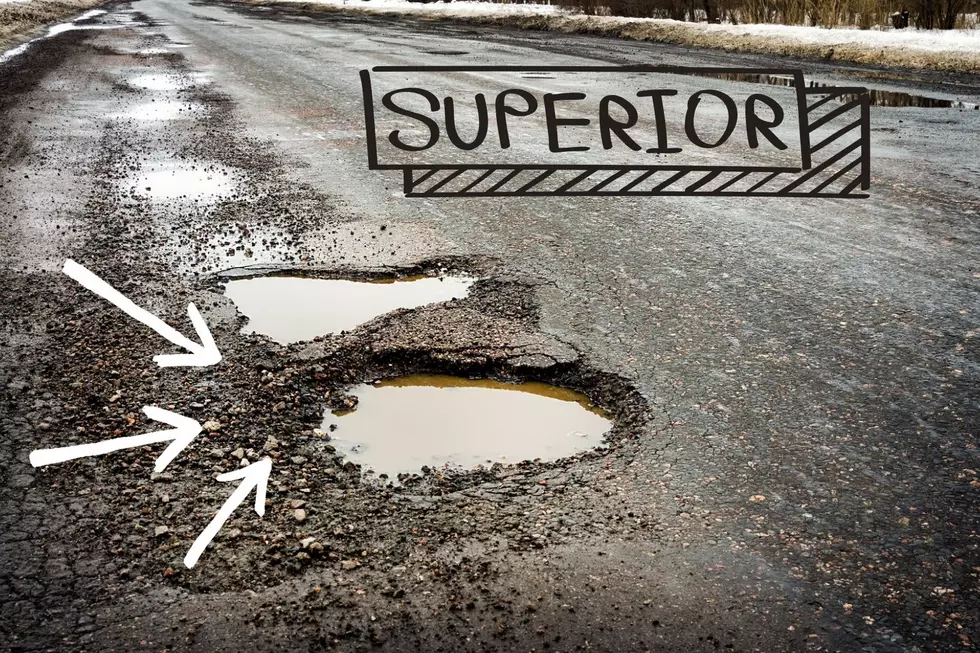
Electric Vehicles Could Be Making Potholes Worse In Minnesota
Electric cars are the future, there's no doubt about that. Even if you don't want them to be, manufacturers are setting lofty goals and converting their fleets to all-electric. Chevrolet has a goal set for most of its car sales to be electric vehicles by 2035.
Read Now: Only 8 People Live In This Tiny Minnesota Town
There are benefits to electric vehicles, but there are also a lot of things that the average person doesn't know about them. One of the biggest surprises I learned was how heavy electric vehicles are. I don't mean just a little heavier than an average car, but thousands of pounds heavier.
The reason is the heavy batteries in the electric vehicles. It's estimated that electric vehicles cause 2.24 stress on roads than gas-equivalent vehicles. More weight on the asphalt will lead to more wear and potholes, which is something we already have a terrible problem with here in Minnesota.
Another point to consider is that most of the funding for highways and roads comes from gas taxes through the state when you purchase gas for a vehicle.
Yes, there is a surcharge fee of $75 for electric vehicles, but the majority of money raised is still through fees on gasoline. You could argue that electric vehicles aren't paying their fair share.

Electric Semi-trailers are also being developed. Those will also weigh more, and cause further damage to the roads.
So what's the solution? Electric vehicles are going to be the future, and I would expect more fees and changes to state funding revenue to come down the road. Future improvements in infrastructure will be needed as well.
LOOK: See how much gasoline cost the year you started driving
More From B105







![Is This The Most Pothole-Riddled Street In Minnesota? [PHOTOS]](http://townsquare.media/site/150/files/2023/03/attachment-FEATCS.jpg?w=980&q=75)

